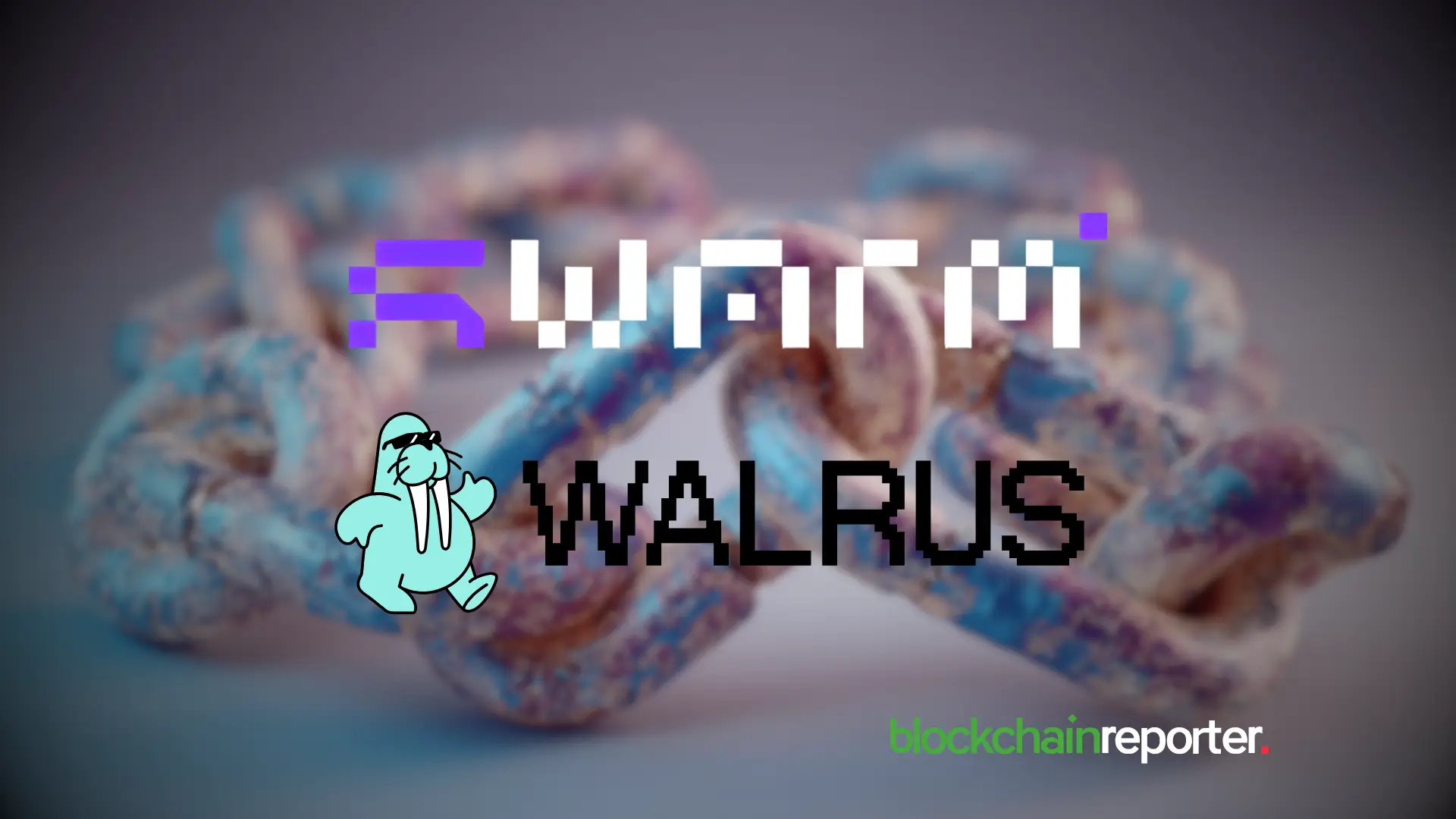
Imagine scrolling through your feed and seeing a claim pop up, maybe it’s about skyrocketing vaccine death rates, or a viral video showing a bear wandering down Wall Street. Now picture an army of little AI helpers quietly buzzing in the background, double‑checking every fact, logging their sources, and stamping their verdicts onto a public ledger for anyone to inspect. That’s exactly what Swarm Network’s Rollup.News is all about, and today they’re making it even more bulletproof by plugging into Walrus, the new decentralized data layer on Sui.
Rollup.News has been quietly building this social‑media fact‑checker for a bit now. Its network of AI agents watches for bold claims, gathers evidence, debates among themselves, and then writes a consensus‑backed “yes, that’s true” or “nope, false” directly to the blockchain. But as these agents chew through more videos, screenshots, and long‑winded arguments, Swarm ran into a snag: traditional databases just couldn’t keep up while guaranteeing permanent, censorship‑resistant storage.
Enter Walrus. Think of it as a super‑durable library for media‑rich files—videos, images, audio clips, you name it—where every book is cryptographically sealed, and only you hold the key. Swarm is starting off by shoving its raw claims data into Walrus; next on the docket are the internal chat logs of its AI agents, the piles of evidence they’ve gathered, and all those little reasoning snippets that led to a final verdict.
Verifiable AI at Scale
Under the hood, they’re using Tusky, a friendlier interface atop Walrus that encrypts everything end‑to‑end and hands control of the keys over to the user. That means nobody—not even Swarm—can quietly rewrite history.
Here’s what’s heading onchain:
- Quick Rollup Summaries: TL;DR versions of each fact‑check session.
- Media Evidence: Screenshots, clips, and audio snippets tied to the claim.
- Knowledge Maps: Charts showing how different facts and sources connect.
- Agent Diaries: Step‑by‑step trails of how each AI helper came to its conclusion.
- Final Attestations: The official “we checked, here’s what we found” statements.
But storing all this is just step one. Swarm’s also beefing up its “Truth Protocol,” a set of Move‑based smart contracts on Sui that will index every nugget of data. The payoff? Future AI agents won’t start from scratch—they can pull up past debates, see what worked (or didn’t), and build on that history. It’s like giving them a collective memory.
“Swarm is building one of the most forward-looking applications in decentralized AI,” said Rebecca Simmonds, Managing Executive at Walrus Foundation. “They are not just generating insights, they are building a new standard for trust and transparency. As Swarm Network continues its rapid growth, Walrus ensures that every piece of evidence and context is preserved, programmable, and accessible.”
“Verifiable AI demands more than just smart algorithms. It needs memory, context, and proof,” said Yannick Myson, CEO of Swarm Network. “As we build an open, audit-ready knowledge graph that connects agent outputs, claims histories, and media artifacts across Swarm’s AI and human contributors, we identified a glaring need surrounding storage capabilities. With Walrus, we are turning ephemeral agent work into persistent, onchain knowledge that anyone can audit and build on.”
Swarm isn’t the only one cozying up to Walrus; names like OpenGradient and io.net have already signed on. It’s a clear sign that anyone serious about decentralized AI is now thinking: “We need Walrus.” If you want to poke around the tech or just see what’s next for fact‑checking in the wild world of social media, swing by Swarm Network and take it for a spin.









